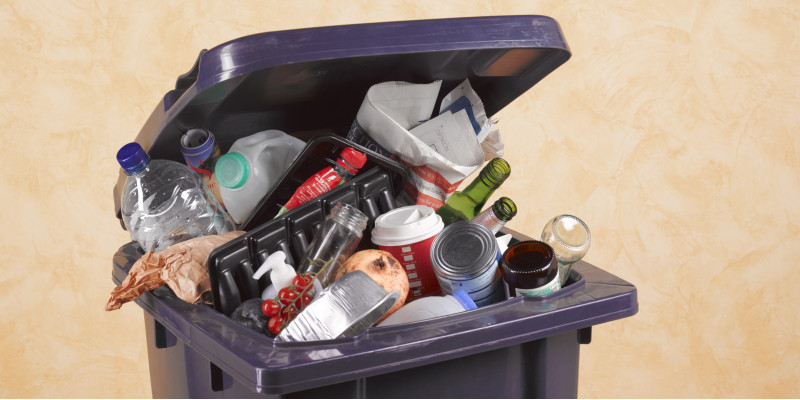President Dirk Messner of the German Environment Agency said, "This year's European Week for Waste Prevention aims to encourage us to take a look behind the scenes, to avoid waste even where it may seem hidden at first glance. Although the amount of residual waste in Germany has declined in recent times, more waste is being collected for recycling. This is why the amount of household waste has risen by almost a fourth compared to 1985. The best environmentally friendly response to the continuing increase in resource consumption and waste is prevention."
VKU's Vice President Patrick Hasenkamp added, "Waste is also generated where we don't see it at first glance, for example during production, during the transport of consumer goods or when shopping online, which generates large quantities of additional packaging material. Another example is microplastics – they are found in many cosmetic products, may wash out of synthetic clothing or be created by the car tyre abrasion. Waste water eventually returns it to nature and from there it can even end up on your dinner plate! Responsible consumption and careful reflection on purchasing decisions are therefore needed – say, by trying to repair a radio instead of buying a new one. Why have your own drill when you can borrow one from the neighbour next door or from the DIY centre? Why not try the zero-waste shop around the corner or food sharing? And what can we all do to avoid microplastics? Every one of us must find good answers to questions like these. Opportunities for sustainable consumption are on hand! Ask your local municipal waste management company for more information. Many of them not only keep our streets clean and dispose of our waste, but are also actively involved with other offers to avoid waste."
As part of the European Week for Waste Reduction, numerous players from local authorities, business, education and civil society all over Germany are organising events and activities such as educational programmes, discussion groups or exhibitions. The campaign week is designed especially for educational and cultural institutions, associations, public authorities, companies and private individuals who focus on knowledge transfer in their work.
Background
The European Week for Waste Reduction (https://www.wochederabfallvermeidung.de) is Europe's largest communications campaign addressing waste prevention and reuse. It focuses on practical ways to break out of the mould of our throw-away society. It aims to raise awareness among all Europeans of how to use everyday items and resources more carefully, and wherever possible, to avoid waste. In Germany, the campaign is financed by funds from the European Climate Initiative. The Federal Ministry for the Environment (BMU) is official partner of the EWWR. The German Environment Agency (UBA) is the specialist point of contact. Since 2014 coordination has been in the hands of the German Association of Local Utilities (VKU). More information about local campaigns is here: https://www.wochederabfallvermeidung.de/aktionskarte/.
 Click to enlarge
Click to enlarge
